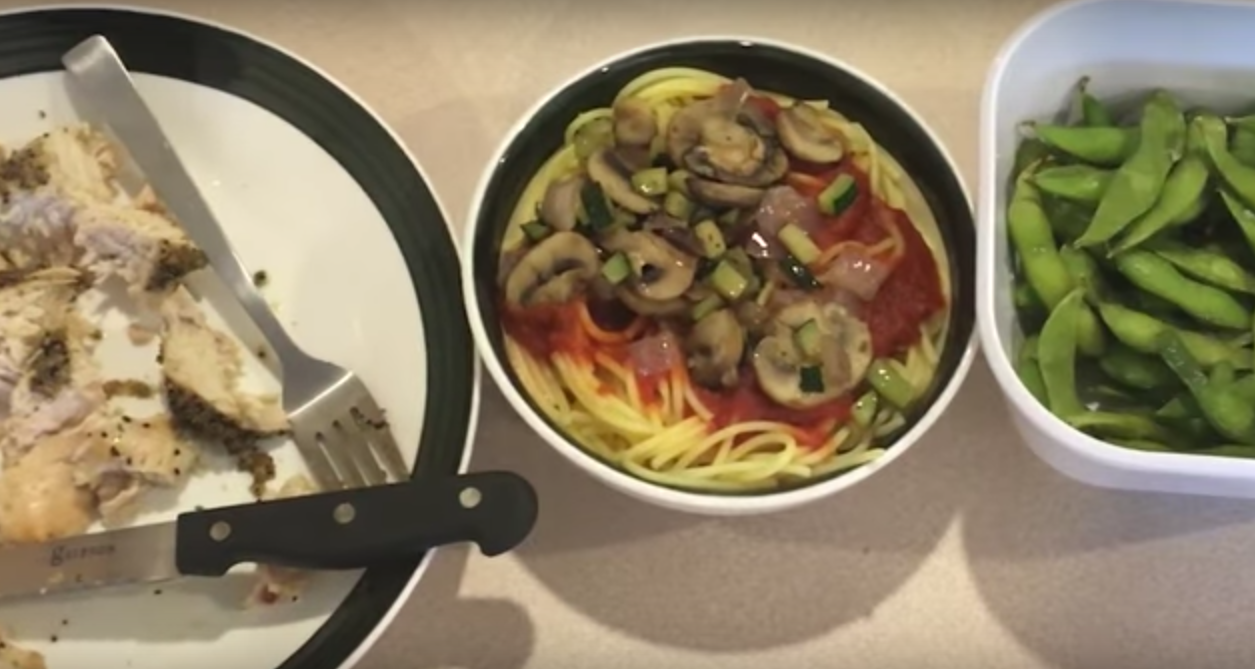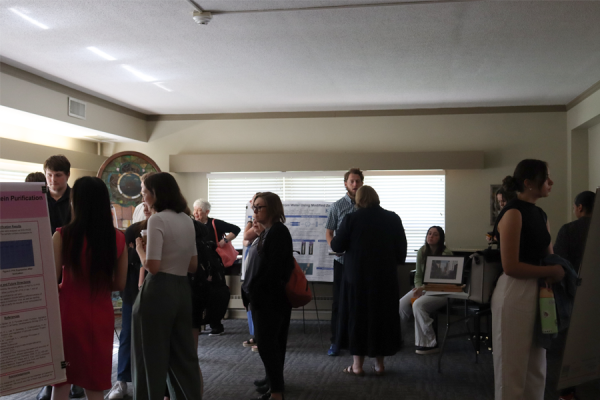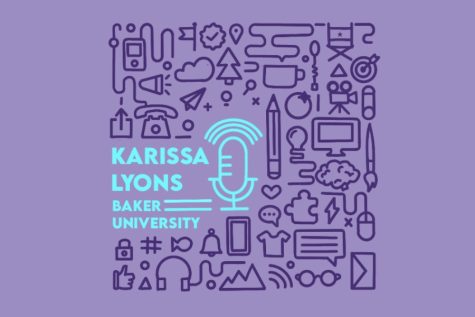Some BU students live gluten-free lives
June 20, 2016
During the summer of 2014, Baker University soccer player Katie Hibbeler had knee surgery. She returned to play soccer in the fall but continued to have knee problems. She was unable to play because of extreme pain. Hibbeler’s doctors prescribed her many different pain medicines, but nothing seemed to work. When the doctors suggested Hibbeler try for a fourth major knee surgery, her parents decided to take her to the family physician.
That doctor told Hibbeler that she is gluten and dairy-intolerant and put her on an anti-inflammatory diet. She has been on it ever since, and it has allowed her to play soccer again. Although it is sometimes hard for Hibbeler to maintain this diet as a college student, she believes it’s worth it to be able to play the game she loves and finally feel healthy.
Hibbeler is one of many students on the Baker University campus on a gluten-free diet. She doesn’t face as many obstacles as others, because she does live in the apartments and cooks for herself.
Many students live in the dorms or Greek houses and have to work around the menu for the week. If the meal in the union or Greek house is not suitable for their diet, the students must find ways to make their own meals or find a restaurant that has something they can eat.
Students who are not gluten-free often don’t understand the dietary restrictions.
So what is gluten?
Gluten is a substance present in cereal grains, especially wheat, that is responsible for the elastic texture of dough. A mixture of two proteins, it causes illness in people with celiac disease. The small intestine is hypersensitive to gluten, leading to difficulty in digesting food.
What’s the difference between gluten sensitivity and celiac disease?
Celiac disease involves direct reaction caused by gluten. It occurs when gluten spreads throughout an immune system and attacks the small intestine. If celiac disease is ruled out, gluten sensitivity or intolerance may be the problem. Gluten sensitivity has not yet been confirmed as its own condition, but many people who do not have celiac disease steer clear of gluten and feel better afterward. This is known as gluten sensitivity.
What can gluten sensitive people eat?
Many people have a hard time starting their gluten-free diet because they tend to feel like they are starving for the first couple of months. It may be hard at first, but for the gluten sensitive, eating gluten-free foods can lead to a healthier life.
There are many healthful foods that are naturally gluten-free. The most cost-effective way to follow the gluten-free diet is to seek our naturally gluten-free food groups such as:
- Fruits
- Vegetables
- Meat and poultry
- Fish and seafood
- Dairy
- Beans, legumes, and nuts
Now that the gluten-free diet is becoming more common, there are even wheat products that are made “gluten-free.” These can be found at various grocery stores.
Now that you know a little more about gluten and the gluten-free diet, check out stories like Katie’s by clicking on the link for the multimedia project.











